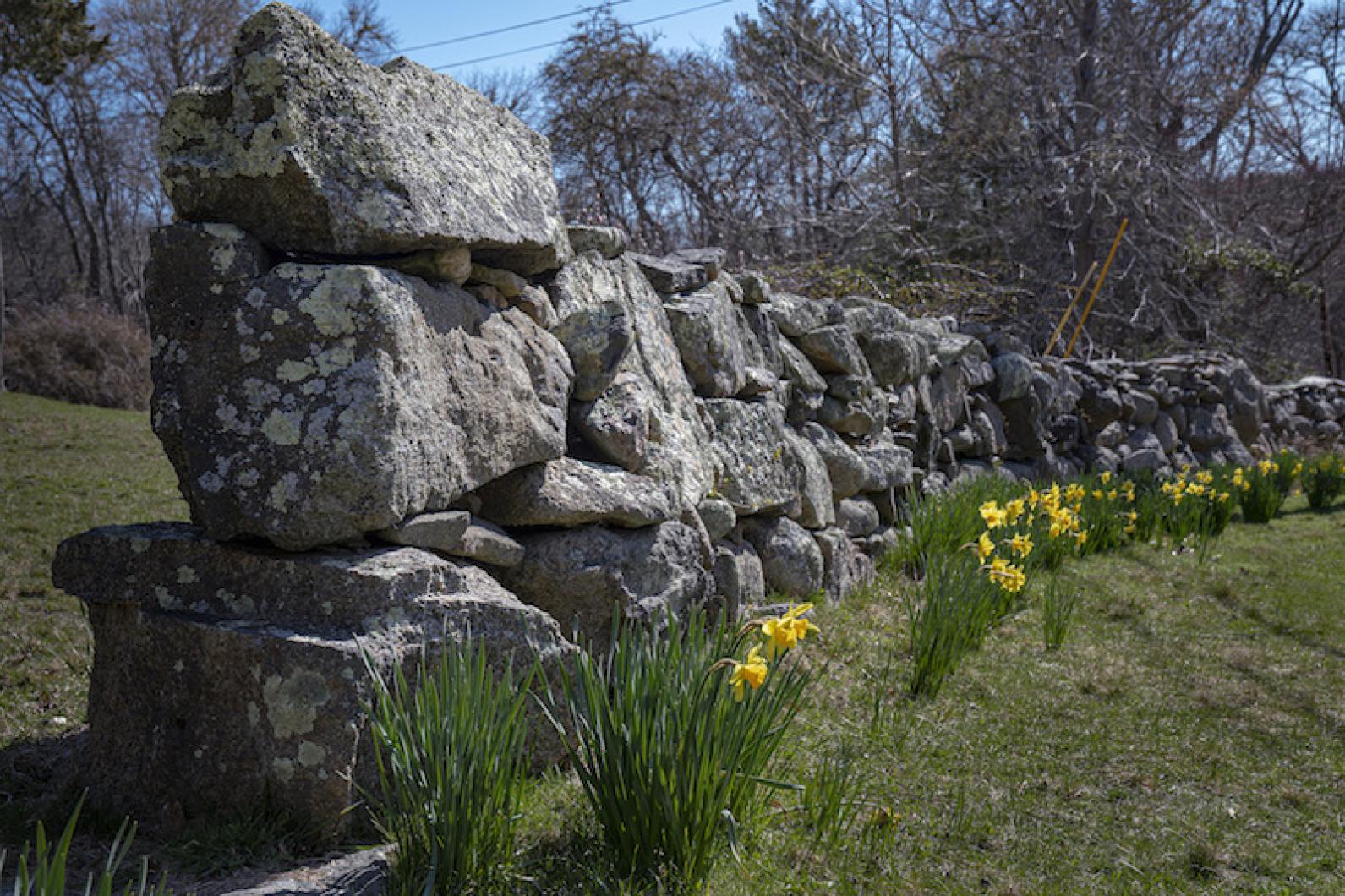“April is the cruelest month,” T.S. Eliot wrote almost 100 years ago. He could not have guessed how cruel it would be in 2020.
I try again and again to “grasp” why getting control over this situation eludes our grasp. I think one answer has to do with surfaces — the viral exposure they are subject to — and the fact that human beings cannot be responsible for all the surfaces their ongoing lives put them in contact with. It is a maniacally suspicious accounting that we need now, an accounting beyond our capacity. To live at all is to touch things.
While we can learn not to touch others who might be contagious, how not touch the car keys, doorhandles, steering wheel, knobs, counters, boxes, bottles, plastic sacks, clothing that may have brushed up against the virus? These surfaces that could kill us are also the material support-system that allow our lives to function as they do. We have invented the richest array of goods whose use allows us to get on with our lives. Yet those goods have surfaces — how can we possibly remember to wipe all of them down?
Here is perhaps another reason why this situation eludes our “grasp.” Our private lives have become co-terminous with life on the planet. The temporal rhythms of distress differ from place to place, but the coming disaster is global. For the only time in our lives, what is happening everywhere else is also and obviously happening here. Not inside our homes yet, but on our Island, and (God help us) in our hospitals and grocery stores. If this is true of life today in remote Aquinnah, how much more true is it of life in Boston, life in New York?
When was the last time you could not bear to read about what was happening in New York? Surely the answer is 9/11/01, the day New York became Ground Zero. Dreadful as that disaster was, nevertheless you could soon grasp its dimensions. You knew, within a few days, that the carnage was only in New York and DC and a remote hillside in Pennsylvania. You knew it was awful but over. And you could (silently) thank the fates that, terrible as it was, it hadn’t happened to you.
For millions of Americans, this saving distance is equally true of Vietnam. I “grasped” Vietnam only indirectly, by way of TV, newspapers, reportage. On that tumultuous day in the spring of 1970 when Harvard students boycotted classes, I walked through clusters of angry young men and women calling me “scab,” on my way to the classes I was being paid to teach. This was, I felt, Harvard’s problem but not essentially Harvard’s problem, as it was my problem but not essentially my problem. It wasn’t unbearably happening to me. To use today’s terms, however much the Vietnam War upset me, it did not infect me. I was not at risk that it would do so. Vietnam was happening elsewhere.
Finally, another reason we cannot quite “grasp” coronavirus may be that we are better at grasping what is happening to others than what is happening to ourselves. For ourselves we tend to get a handle on our experience only later, retrospectively. The narrative act of the mind’s grasping and putting into words begins with survival itself, on the other side of disaster. We look at it from another place, a later time. Elie Wiesel (like other anguished survivors of the Holocaust) “grasped” that disaster and wrestled it into narrative only after it was over. He spent the rest of his life “grasping” it.
We “grasp” disaster by keeping it at some spatial or temporal distance from ourselves. Horrible as Vietnam and 9/11 were, there was never an ongoing question of innocent-seeming domestic surfaces that might begin to destroy me should I accidentally touch the wrong one.
Philip Weinstein is the Alexander Griswold Cummins professor emeritus of literature at Swarthmore College. He lives in Aquinnah.




Comments (1)
Comments
Comment policy »